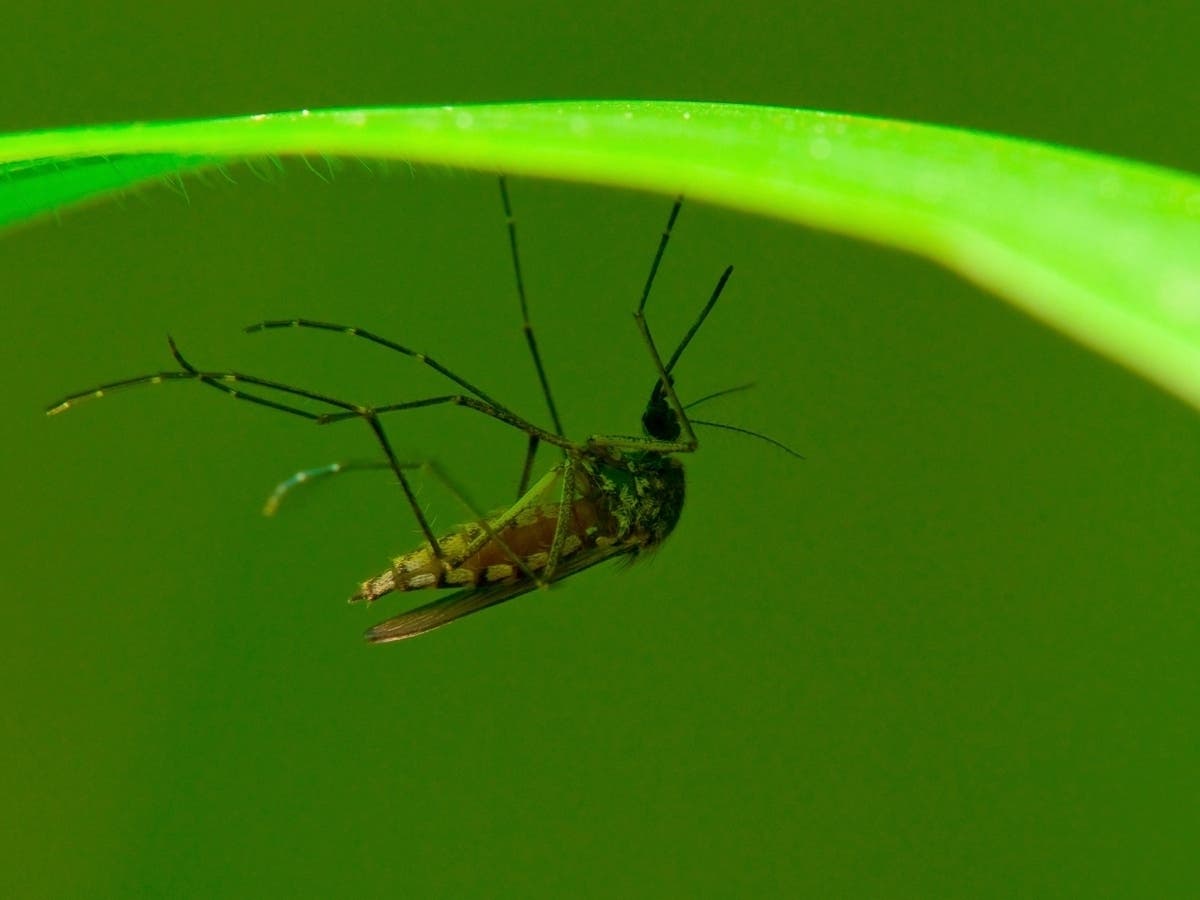
Mosquito Spraying in South Jersey Raises Concerns Over Pungent Odor
A Noticeable Stench Across Neighborhoods
Residents of South Jersey recently reported a powerful and unpleasant odor coinciding with mosquito control efforts in the area. The New Jersey Department of Environmental Protection (DEP) conducted widespread mosquito spraying to combat the growing mosquito population. However, the chemical mixture utilized during these operations raised concerns among local communities.
Community Reactions
The pervasive odor has not gone unnoticed. Many residents took to social media to voice their discomfort and concerns regarding the spraying. Feedback included:
- Complaints about the intensity of the smell.
- Worries regarding the safety and potential health risks of the chemicals used.
- Questions about the necessity and frequency of the spraying.
Environmental and Health Concerns
Studies have shown that while mosquito control is essential to preventing the spread of diseases such as West Nile Virus, the chemicals used in these processes can have adverse environmental and health impacts when not adequately managed. The DEP assures that the chemicals utilized are approved and applied following stringent safety guidelines. Yet, the strong odor suggests that the concentration might be affecting air quality more than anticipated.
The Official Response
Officials from the DEP have issued statements to address the public’s worries, clarifying that:
- The chemicals are an important part of mosquito population control.
- The concentration used is within the safe limits prescribed by health authorities.
- They are monitoring the situation and will adjust the spraying techniques if necessary.
Despite these assurances, the lingering odor continues to be a topic of debate among South Jersey residents.
Stay Updated with Local News
Stay connected with updates and ongoing coverage of this issue on social media. Follow Cherry Hill News Today on facebook and twitter for the latest news and community reactions.



